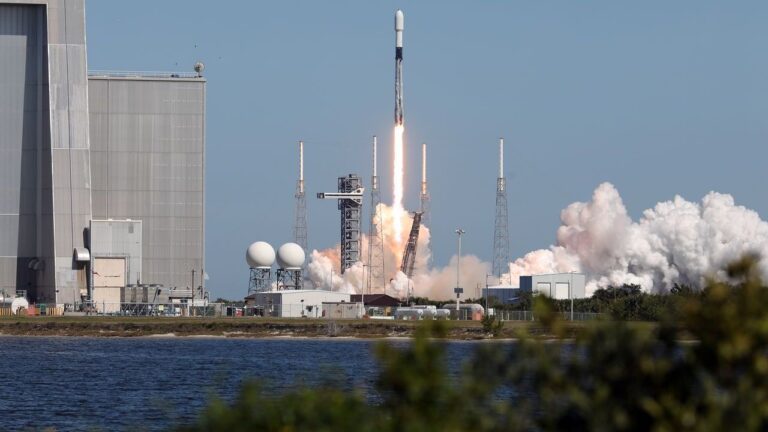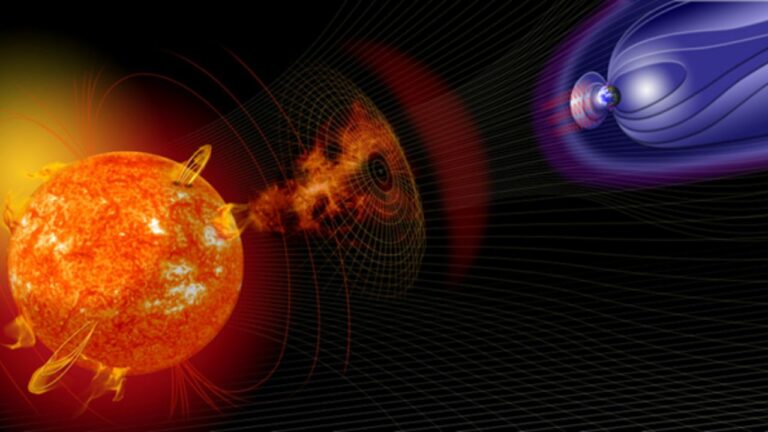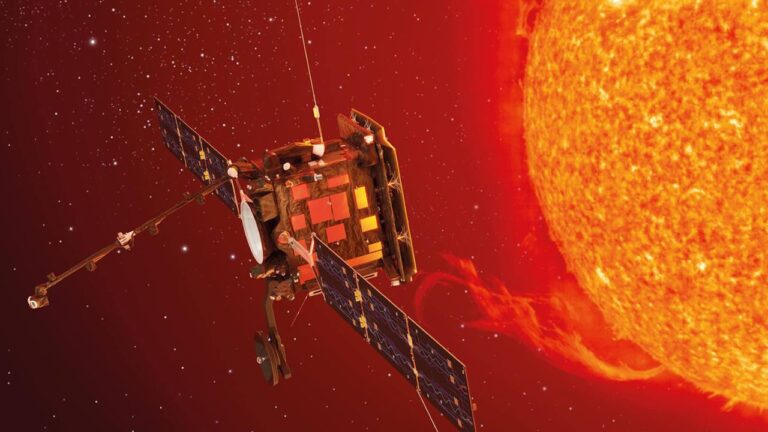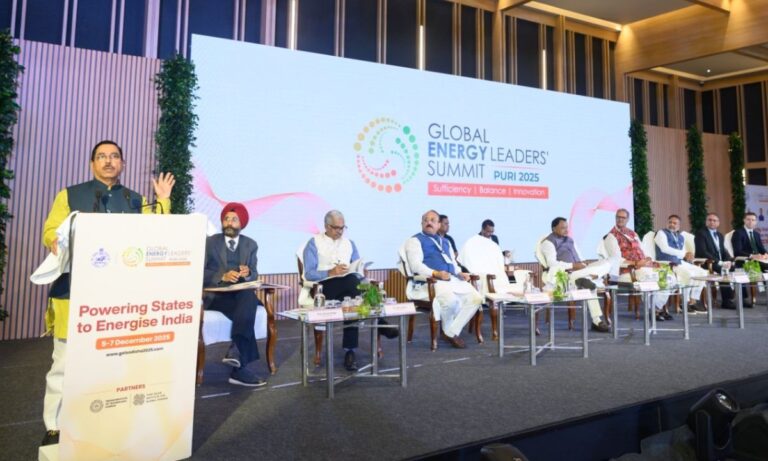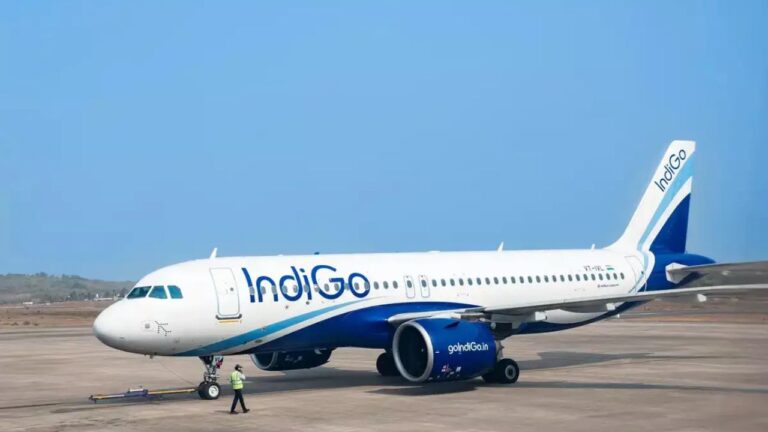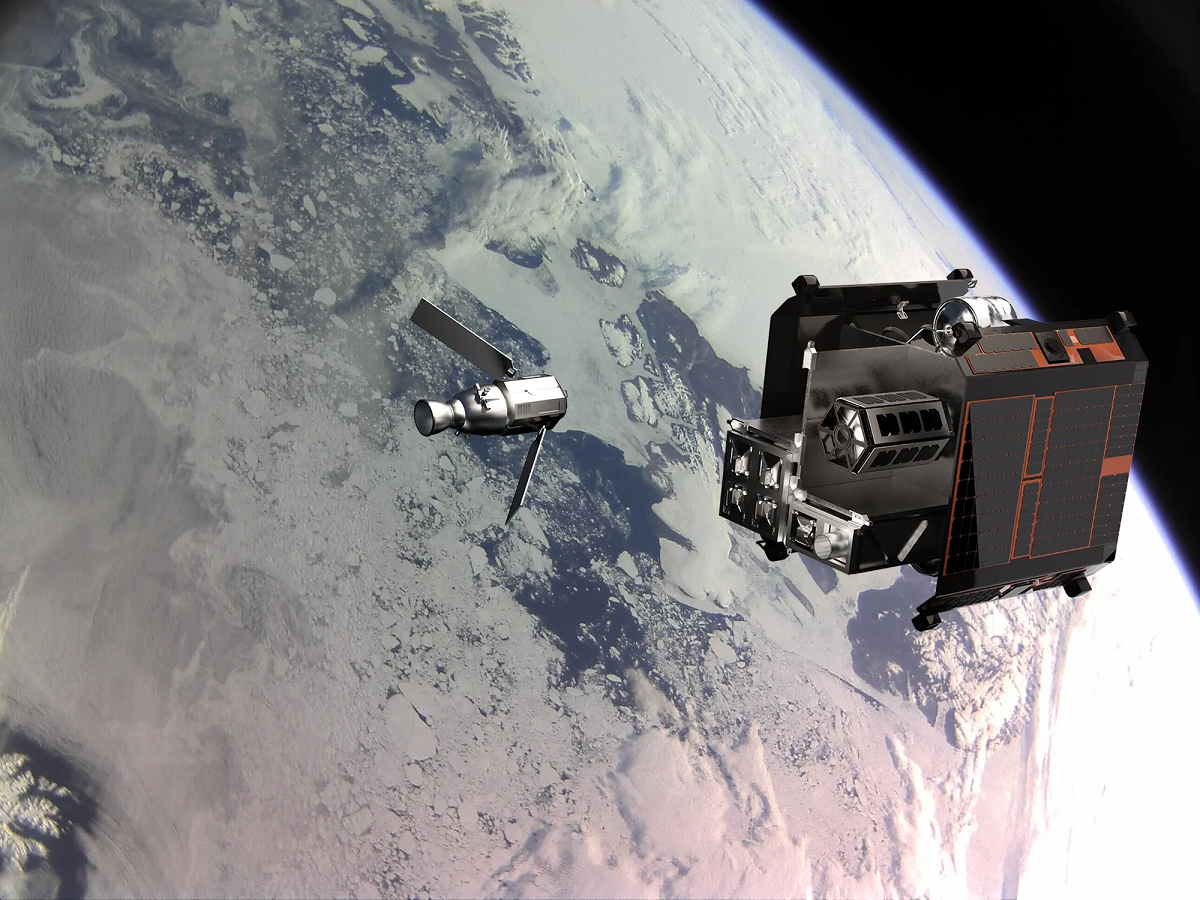
D-Orbit, the European space transportation company, has announced the formation of a joint venture in the United States, aiming to enter the satellite manufacturing business. This new venture, named D-Orbit USA, was unveiled on July 10 and involves collaboration between D-Orbit and five American co-founders with extensive experience in satellite programs such as OneWeb, Project Kuiper, and Starlink.
Combining Expertise for Innovation
Luca Rossettini, CEO of D-Orbit Group, emphasized the significance of this strategic expansion. “The formation of D-Orbit USA marks a significant milestone in our strategic expansion into the U.S. market,” he stated. “By combining the unparalleled expertise of our US-based team with D-Orbit’s proven flight heritage, we are poised to deliver innovative, reliable, and cost-effective solutions.”
Leadership and Strategy
D-Orbit USA’s chief executive is Mike Cassidy, the founder of Apollo Fusion, a satellite electric propulsion startup acquired by Astra in 2021. Cassidy highlighted the complementary strengths of the new venture, saying, “They have flight heritage but they don’t really have a good U.S. presence. We’ve got a pretty good team but we don’t have any flight heritage. So our strategy is to put them together.”
Development of the ION Satellite Bus
D-Orbit USA plans to develop the ION satellite bus, which can support payloads of up to 200 kilograms and provide several hundred watts of power. The bus will feature both chemical and electric propulsion options and is designed for a five-year operational life. Cassidy predicts demand from both commercial entities and government agencies, such as the Space Force’s Space Development Agency, for this modular and scalable bus.
Competitive Edge in Cost and Speed
Cassidy asserted that D-Orbit USA would compete on cost and speed, leveraging the experience of the founding team. He mentioned, “The cost of the bus we’re looking at right now competes, to my knowledge, extremely favorably with anyone else in the market,” without specifying a price. He also noted that they could deliver a satellite within 9 to 12 months, which he believes is competitive in the market.
Future Plans and Production Capacity
While D-Orbit USA does not yet have any signed contracts for satellites, Cassidy is optimistic about launching their first satellite as early as 2025. The venture plans to collaborate with unnamed manufacturing partners and test facilities to handle much of the production and testing, enabling scalability. Cassidy highlighted the flexibility of their approach, drawing parallels to his experience at Apollo Fusion. “We might have four satellites next year or we might have 150. We don’t know, but we have the ability to do the 150 if we get them,” he said.
Assembling and Testing in the U.S.
The components for the satellites will be sourced from D-Orbit and assembled and tested in the United States. Cassidy mentioned that they could also consider components from other suppliers if those options are more cost-effective. This flexible sourcing strategy aims to ensure competitive pricing and timely delivery.
